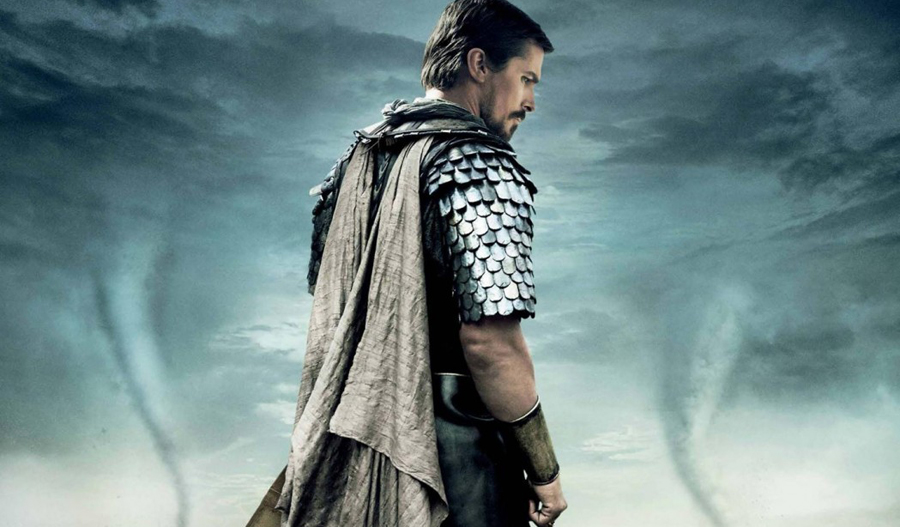10 inaccuracies plaguing the ‘Exodus’ movie
Polls have shown that religious audiences care a lot about whether a Bible film is "biblically accurate." This is a difficult phrase to use when one is talking about taking a story from one medium (literature) to another (film), but I understand the sentiment. Religious moviegoers want the film to be recognizable or to "feel" like the story as they know it. "Exodus" has now been in theaters for a week, and many religious bloggers have pointed to the ways in which the film deviates from the text. Now I'm no purist when it comes to Bible films, and I appreciate meaningful artistic flourishes. But I have still compiled a compendium of where the film fails to get the story straight. Readers can judge whether they believe the error is problematic or not.
1. Moses: Orator or Stammerer? The bible describes Moses as ineloquent and “slow of speech and tongue.” But in the movie, he is a courageous and capable communicator. He even gives a rousing speech as the sea parts reminiscent of Braveheart.
2. Fleeing For The Wrong Reason In the biblical narrative, Moses murders an Egyptian who is beating a Hebrew slave and hides the corpse in the sand. In the movie, he kills an Egyptian for no reason and leaves the corpse in the street. In the biblical narrative, Moses flees Egypt when his murderous act becomes known. In the film, he flees when Pharaoh suspicions that he may have been born a Hebrew.
3. Boy, Not Bush In the Bible, Moses sees a burning bush and, when he investigates, God speaks from within the bush. The film opts instead for a scene that depicts God in a somewhat schizophrenic way. Moses wakes from a terrible accident to see a bush mysteriously on fire and next to it is a young boy who speaks as if God. Director Ridley Scott told me that the boy is “Malak” or a “messenger” of God rather than the Almighty. But the boy uses the famous “I Am” line to take on the divine name, so religious audiences will be excused for their confusion.
